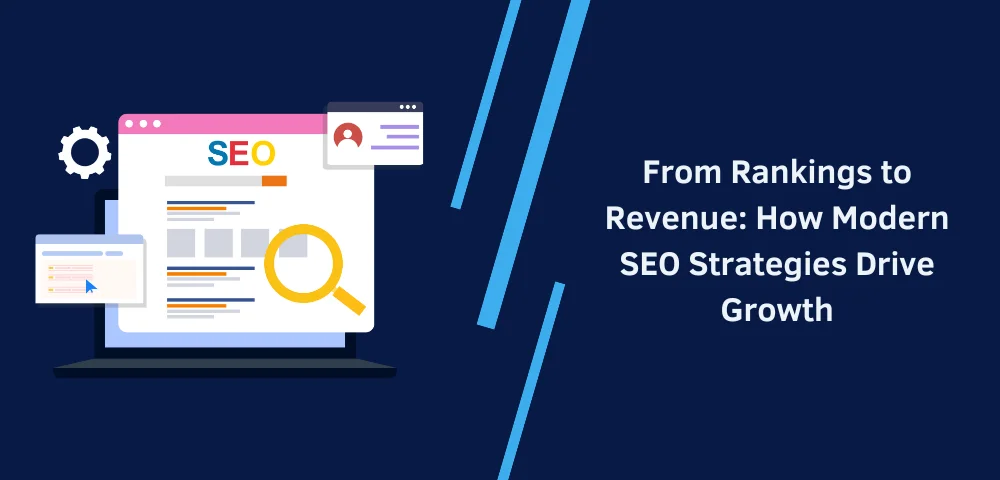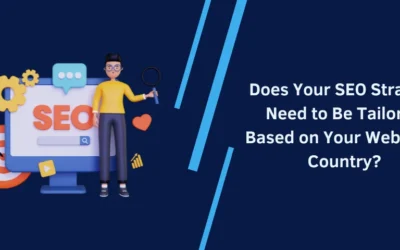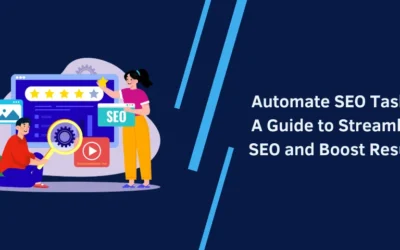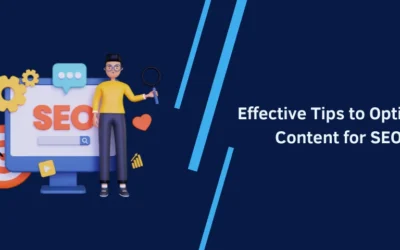In today’s digital landscape, success hinges on more than just having a visually appealing website. At the heart of any thriving online business is search engine optimisation (SEO), a strategic approach that drives traffic, converts visitors, and ultimately boosts revenue. As the internet evolves, so too do the methods and metrics by which we measure growth. Understanding how to leverage modern SEO tactics can be the key to unlocking significant revenue opportunities.
The Shift in SEO Focus
Traditionally, SEO was primarily about improving rankings in search engine results pages (SERPs). The metrics were straightforward: higher rankings equate to more visibility, which in turn should lead to increased traffic. However, this approach can be misleading. An influx of traffic doesn’t guarantee conversions; traffic quality plays an equally important role.
Modern SEO strategies have shifted focus from mere rankings to meaningful engagement and conversion. This shift stems from the recognition that not all traffic is created equal. Businesses now strive to attract users who are genuinely interested in their products or services, rather than just those who happen to click on a link due to algorithmic favour.
Today’s SEO practitioners emphasise user intent, ensuring that the content they create not only ranks well but also addresses the needs and desires of potential customers. This approach has evolved thanks to the insights of the experts behind results-driven SEO campaigns, who understand that metrics must reflect not just visibility but also impact on the bottom line.
The Importance of Quality Content
Quality content is essential in driving meaningful engagement. Gone are the days when keyword-stuffed articles could propel a website to the top of search results. Today’s savvy consumers demand valuable, relevant information that speaks to their needs.
Engaging content does more than just inform; it can create an emotional connection with potential customers. Consider the following elements when developing and optimizing content:
Relevance: Craft content that directly addresses the questions or concerns of your target audience. Utilising tools such as Google Trends or social media insights can help identify what topics are currently resonating.
Depth and Expertise: Longer, in-depth articles that explore a subject from multiple angles tend to perform better. They not only engage readers but also boost credibility in the eyes of search engines.
Visual Appeal: Incorporating multimedia—such as videos, infographics, and high-quality images—can enhance user experience, making the content more shareable and engaging.
Creating and promoting quality content ultimately leads to stronger organic visibility, which in turn drives relevant traffic that is more likely to convert.
User Experience and Technical SEO
As SEO strategies have evolved, the importance of user experience (UX) and technical aspects of a website has come to the forefront. Search engines like Google have incorporated user experience signals into their ranking algorithms, recognising the connection between UX, engagement, and conversion rates.
Here are some key considerations:
Page Load Speed: A slow-loading website can frustrate users and increase bounce rates. Research shows that even a one-second delay can significantly impact conversion rates. Tools like Google PageSpeed Insights can help identify areas for improvement.
Mobile Optimisation: With a growing percentage of users accessing websites via mobile devices, a mobile-friendly site is essential. Responsive design ensures that your content looks great and functions well on all screen sizes.
Navigation and Structure: A well-structured website enhances usability. Clear menus, discernible categories, and an intuitive layout help users find what they’re looking for, ultimately supporting higher conversion rates.
Investing in user experience is not just an SEO tactic; it’s an essential component of building a successful online business.
Building Authority and Trust
Establishing authority and trust online has never been more important. Consumers are more likely to purchase from brands they trust, and search engines increasingly reward established authority with higher rankings. Here are ways to build and communicate authority:
Social Proof: Customer reviews, testimonials, and case studies can bolster the credibility of your business. Displaying these prominently on your site can influence buying behaviour and reduce uncertainty.
Expert Contributions: Collaborating with industry experts or influencers can enhance your content’s authority. Guest posts or co-authored articles can introduce your brand to new audiences while enriching your content.
Consistent Engagement: Regular updates to your website, whether that’s through a blog, news section, or product updates, signal to both users and search engines that your site is active and relevant.
Trust and authority are gradual builds, but the payoff in terms of traffic, brand loyalty, and conversions is considerable.
The Future of SEO: A Holistic Approach
As we move further into a world dominated by digital interactions, the lines between SEO, content marketing, and customer experience will continue to blur. A holistic approach that integrates all three facets will be essential.
Businesses must view SEO not just as a technical endeavour but as a strategic element woven into the overall marketing fabric. The future of SEO lies in its ability to facilitate genuine connections between brands and consumers, driving not just traffic but meaningful interactions that translate into revenue.
In conclusion, modern SEO strategies extend far beyond rankings. By embracing quality content, enhancing user experience, building authority, and adopting a holistic approach, businesses can drive sustainable growth in an ever-competitive digital landscape. Adapting to these changes isn’t merely a choice; it’s a necessity for anyone wanting their online presence to thrive.



